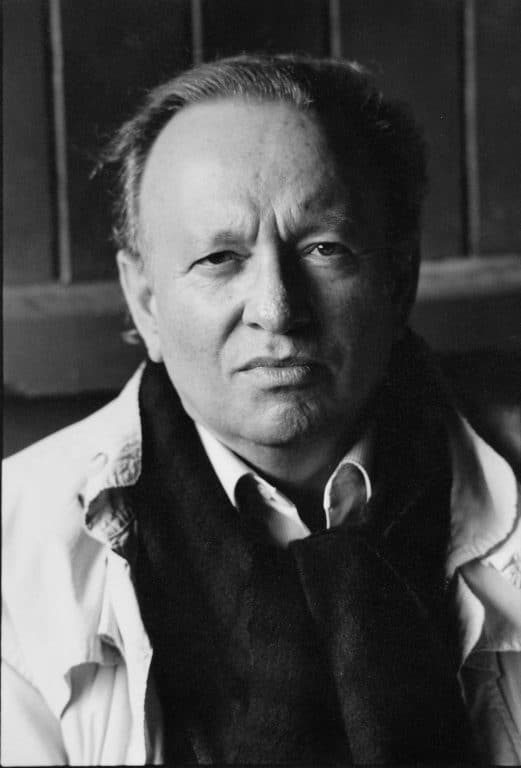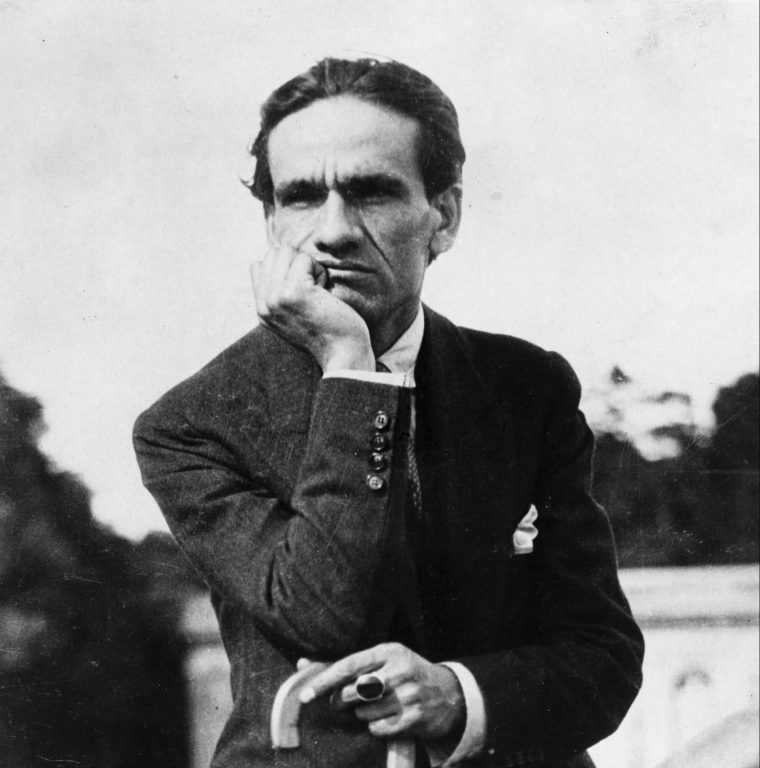Rachael Boast’s “Caritas” is a beautiful and quietly stated poem from her 2014 Griffin Poetry Prize shortlisted collection “Pilgrim’s Flower”, but it manages to pack an immense number of ideas, connections and themes into 14 lines.
The title of this unvarnished yet still striking sonnet is the Latin form of “charity”, a love…
Rachael Boast’s “Caritas” is a beautiful and quietly stated poem from her 2014 Griffin Poetry Prize shortlisted collection “Pilgrim’s Flower”, but it manages to pack an immense number of ideas, connections and themes into 14 lines.
The title of this unvarnished yet still striking sonnet is the Latin form of “charity”, a love and caring for humankind influenced by a connection to God and the church. Interpolated between the poem’s title and the poem’s first quatrain are the words
(St Andrews Cathedral)
… and rather than a depiction of or reflection on charity, the poem wanders over the form of an ancient, ruined but still majestic Roman Catholic cathedral in Scotland. From the opening lines of the poem:
“These stones speak a level language
murmured word by word”
Boast weaves strong associations between the disintegrating architecture of the physical church and the power of speech, punctuated most tellingly with:
“the east front stands
both altered and unchanged,
its arch like a glottal stop.”
(It’s interesting, by the way, to contrast how a cathedral is captured in this poem compared to another recent Poem of the Week, Alan Shapiro’s poem “Stone Church”.)
Is the connection back to the title of the poem in the concluding line?
“it’s enough
to love the air we move through.”
How do we define love … and is its essence indeed something we cannot presume to see or to build and assume it will endure?




